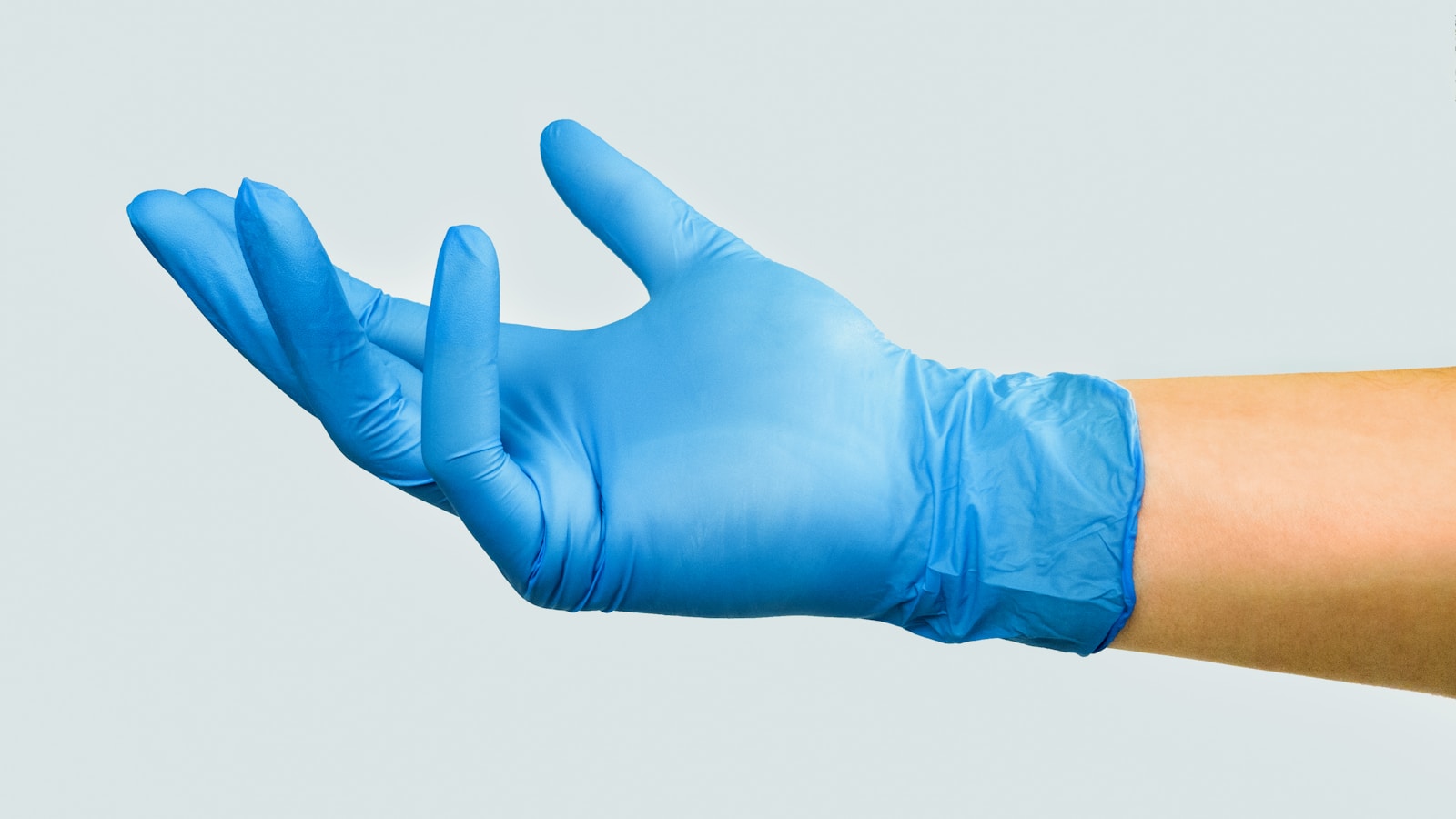The paternal genome and the health of the assisted reproductive technology child
As a number of children born by assisted reproductive technology (ART) are increasing each year across the developed world, the health of such offspring is a matter of public concern. Does the integrity of the paternal genome impact on offspring health?
In societal terms, as birth rates fall, and the Western population become unsustainable, do the benefits outweigh the costs of creating and providing for this ART conceived subpopulation? There are little data to date to answer these questions. The long‐term health of such children has largely been ignored, and success measured only by early (prebirth) outcomes such as embryo quality or pregnancy. However, there are powerful paradigms such as ageing and smoking that give vital clues as to the potential impact of unhealthy spermatozoa on disease risk, mental and physical health, fertility and mortality of these offspring.





